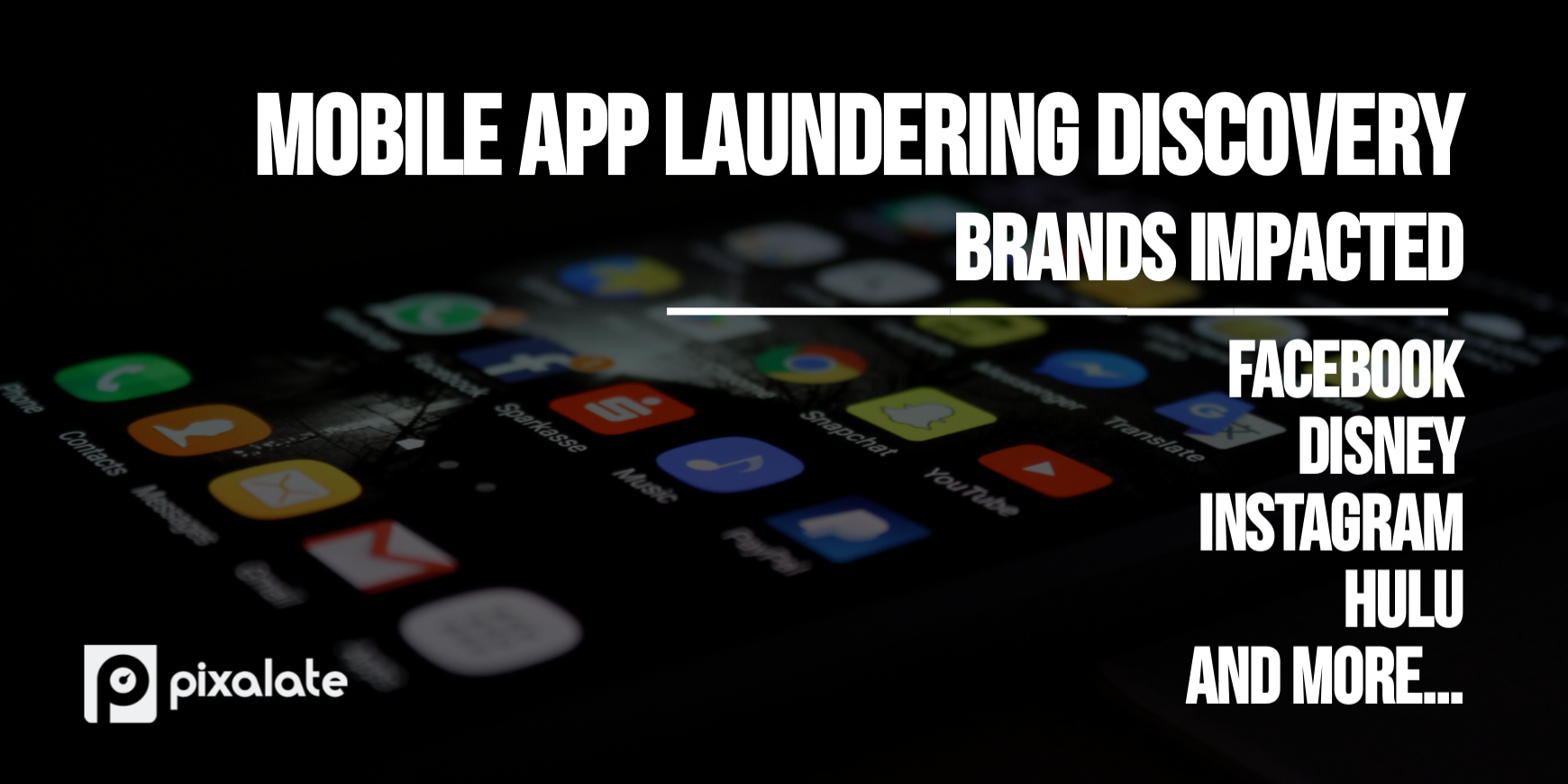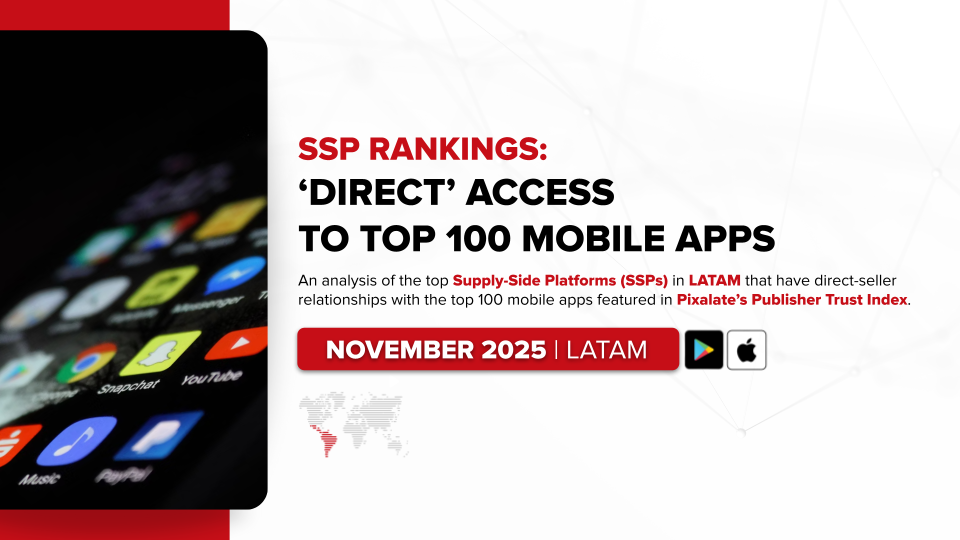In the wake of our MegaCast app ad fraud discovery, we continue to find and explore the impact of this apparent widespread app laundering and automatic activity.
Most important has been its impact on the valuable dollars brands invest in programmatic advertising.
Brands were losing a minimum of $75 million per year
Based on conservative estimates, we believe brands were losing over $75 million per year to this alleged ad fraud activity.
With anything of this magnitude, a large number of brands are impacted. However, based on further research into the activity, Pixalate was able to identify and verify some of the exact brands that we believe were impacted by this event. This post aims to help brands understand the ad fraud problem while sharing practical steps companies can take to limit their exposure to invalid traffic — particularly in the mobile app space — in the future.
This is a partial list, representing a snapshot of companies that we believe were victimized by the apparent invalid activity. You can download our whitepaper which shares network capture images as well as images of the creatives.
.png?width=600&name=mobile-app-laundering-title-page%20(2).png)
- Facebook
- Disney
- Instagram
- Hulu
- Volvo
- Ram Trucks
- L'Oreal
- Lyft
- Marvel
- Cheez It
- PUBG Mobile
- Words with Friends
- Trutv.com
- Realtor.com
- Straight Talk wireless
- UCLA - Orthopaedic Institute for Children
- Wish
Brands from numerous different industry appear to have been impacted, such as social media players (Facebook and Instagram), entertainment companies (Disney, Hulu, Marvel), auto companies (Ram, Volvo), and more — including a children’s hospital.
Many of these brands may not know that they appear to have been affected, since most are working through agencies or other third parties.
You can download our whitepaper here.
The complex road from buyer (brand) to seller (publisher)
For any given programmatic ad transaction, numerous different companies might get to “touch” an impression before it is actually served. There is the brand, an agency or trading desk, a DSP, an exchange or SSP, and the publisher. And this doesn’t include any other third parties that any of these companies might work with along the way, including resellers.
Due to the nature of this ecosystem, it is difficult for the start of the chain (the brand) to have any visibility into the end of the chain (the result of the buy). And each company along this chain is incentivized to tell the brand that their dollars are protected, which makes it even more complicated for the advertiser to find out what really happened with their ad spend.
Working with a third-party fraud detection vendor is vital
Because so few of the companies involved have any incentive to acknowledge fraudulent traffic, the scope of the problem is rarely discussed with brands. Working with a third party to help reduce ad fraud can be of great economic value to brands, which collectively could save billions of dollars each year. It is particularly important to work with a vendor that is an expert in mobile in-app ad fraud detection — not just desktop and mobile web.
It’s also important to note that legacy ad fraud detection techniques don’t work against this type of activity. In this case, real devices (e.g. not a bot farm) had a nefarious app installed unbeknownst to the users. We believe the app essentially turned the legitimate user phones into a vector for ad fraud. Working with a vendor that vets out apps in addition to the end user is crucial.
Third-party fraud detection vendors are not incentivized to tell the brand that their dollars are all going to legitimate ads, and they can help brands by identifying and blocking invalid traffic before a transaction takes place.
Accredited third-party invalid traffic (IVT) ad fraud detection and prevention companies are essential for any buyers that’s serious about programmatic advertising, transparency, and protection.
What does this kind of alleged mobile app ad fraud look like?
The Pixalate analyst team captured the apparent mobile app laundering in action. Here is a video showing a phone with the MegaCast app installed and the associated Charles Log activity:



.png?width=600&name=mobile-app-laundering-title-page%20(2).png)




